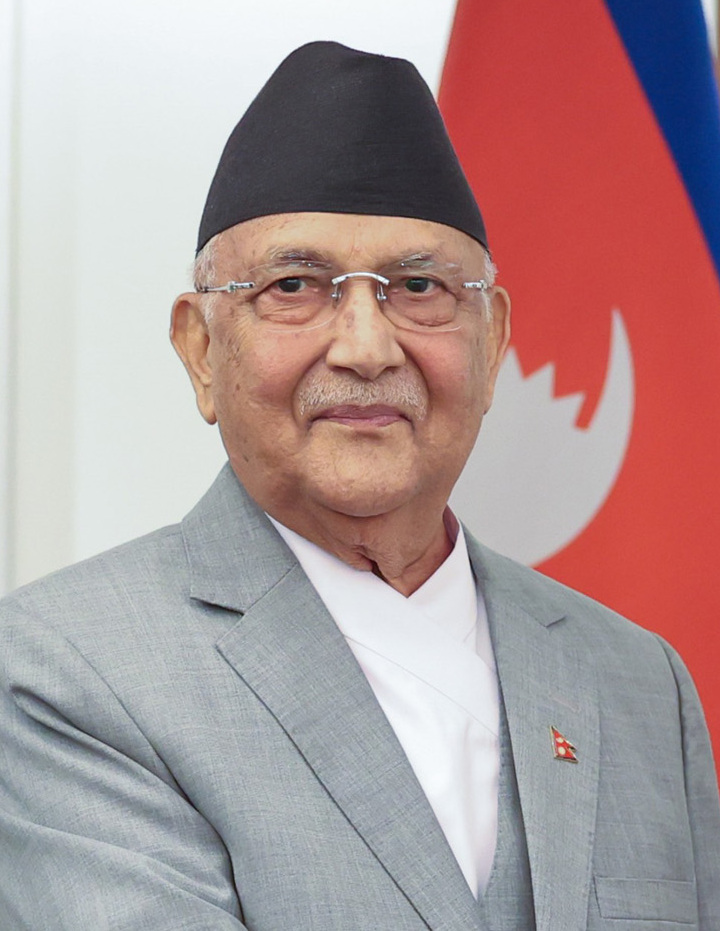Nepal faced one of its most turbulent days in recent history on Tuesday as violent youth-led protests over a controversial social media ban escalated into a nationwide political crisis. Prime Minister KP Sharma Oli resigned amid mounting pressure, following a deadly crackdown that left at least 19 people dead and more than 500 injured.
The unrest began as peaceful demonstrations organized by Gen Z activists, protesting the government’s decision to block 26 social media platforms including Facebook, YouTube, and WhatsApp. The ban, imposed under a new digital regulation law, was widely seen as an attempt to suppress dissent and control online narratives.
By Monday evening, protests had spread across Kathmandu and other major cities. Demonstrators stormed government buildings, set fire to the Parliament and Supreme Court, and attacked the residences of senior officials. The Prime Minister’s private home in Balkot was torched, and he was evacuated by helicopter from his official residence in Baluwatar.
Despite lifting the social media ban late Tuesday, Oli’s resignation came as calls for broader political change intensified. “Extraordinary circumstances require extraordinary decisions,” Oli wrote in his resignation letter, urging dialogue and national unity.
The Nepal Army has since taken control of key security operations, including Tribhuvan International Airport, which was temporarily closed. Curfews were imposed across strategic zones in the capital, and border checkpoints with India were placed on high alert.
International reactions poured in swiftly. UN Human Rights Chief Volker Türk condemned the “unnecessary and disproportionate use of force” and called for restraint from both authorities and protesters. Indian Prime Minister Narendra Modi expressed sorrow over the violence, saying he was “anguished that many young people have lost their lives.”
The protests, fueled by frustration over corruption, nepotism, and economic stagnation, have exposed deep generational divides in Nepal’s political landscape. Youth leaders continue to demand systemic reforms, transparency, and fresh elections.
TWW - The World Wide: Global News,Local Impact.

